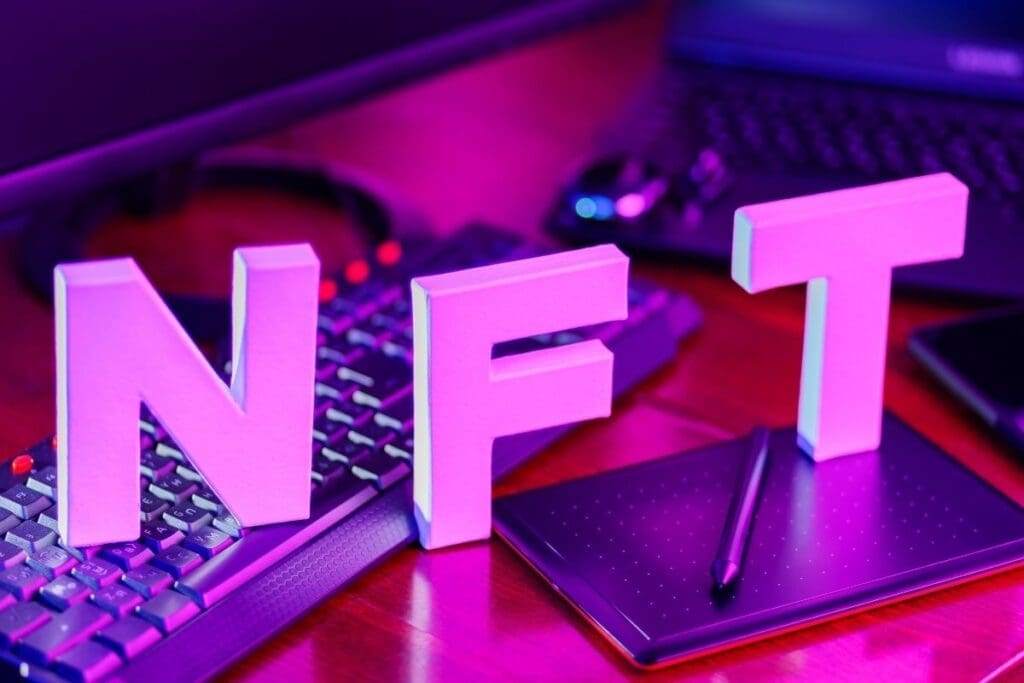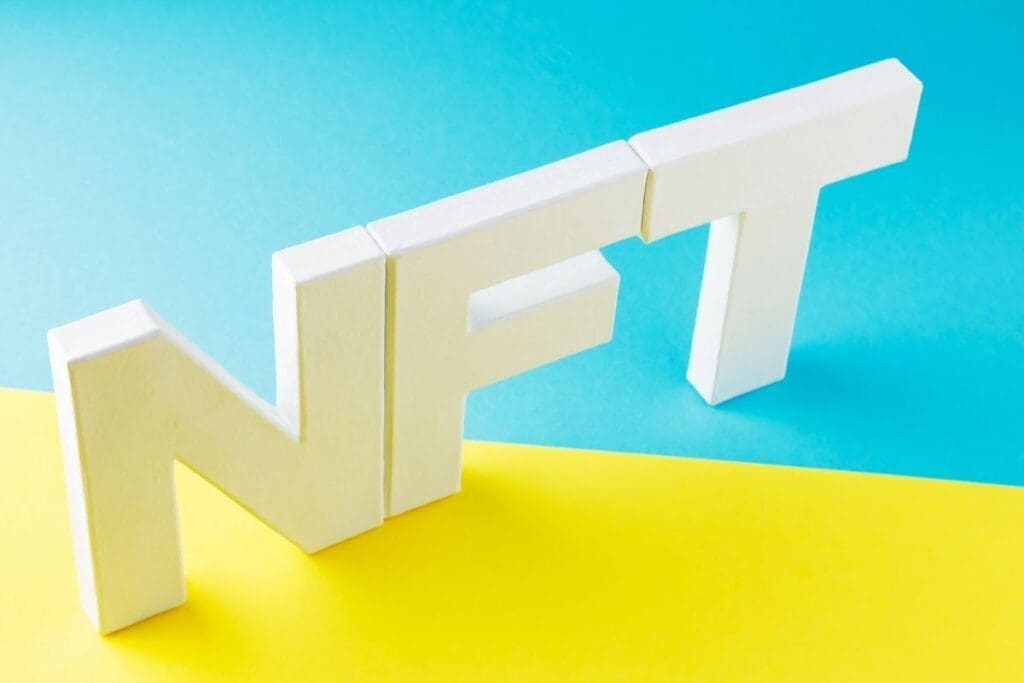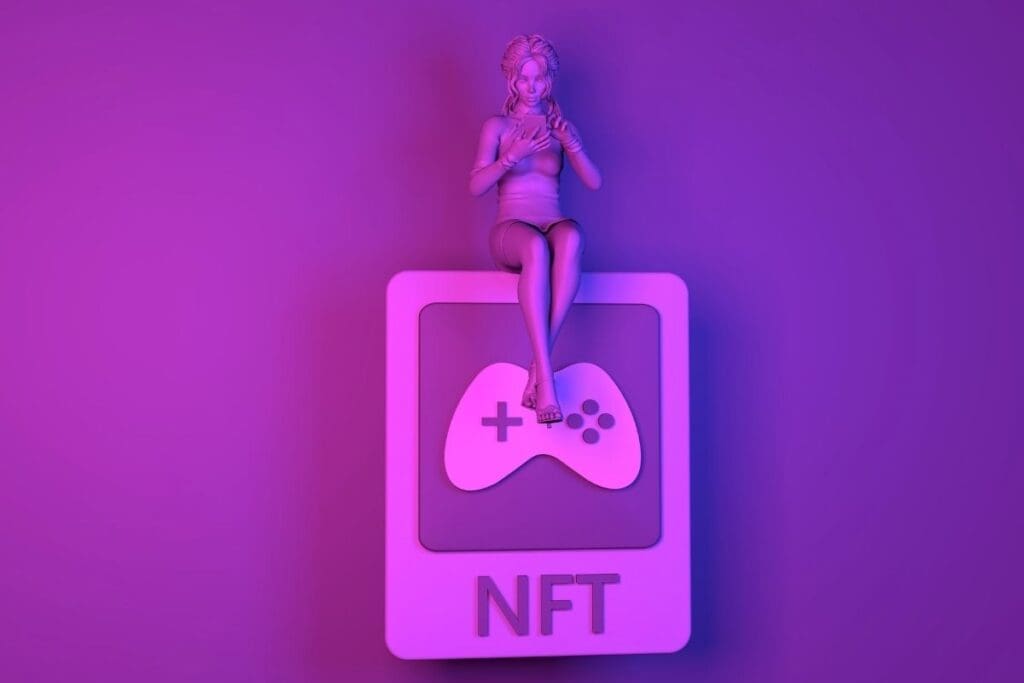In the ever-evolving world of blockchain technology and NFTs (Non-Fungible Tokens), one term that stands out is DAO. Short for Decentralized Autonomous Organization, DAOs have gained significant attention as they revolutionize the way digital communities and projects are managed. Let’s break down the concept of DAOs in simple terms and explore their impact on the NFT ecosystem.
What is a DAO?

A Decentralized Autonomous Organization is a digital entity governed by smart contracts rather than centralized control or a single leader. It operates on blockchain technology, meaning the rules and decisions of the organization are coded into smart contracts that automatically execute predefined tasks. This structure enables transparency, decentralization, and a trustless system where all participants have a say in how the organization is run.
How Do DAOs Work?


DAOs rely on blockchain-based voting mechanisms, where participants or token holders can propose and vote on key decisions. For example, members might vote on budget allocations, partnerships, or even the direction of the project itself. Each vote is recorded on the blockchain, ensuring transparency and immutability.
The process works as follows:
Proposal Creation: Any member of the DAO can create a proposal, which could be anything from a change in the organization’s operations to funding a new project.
Voting: DAO members vote on the proposal using governance tokens, which represent their stake in the organization. The more tokens a person holds, the more weight their vote carries.
Execution: If the proposal passes, smart contracts automatically execute the agreed-upon changes without the need for human intervention.
DAOs in the NFT World


In the NFT ecosystem, DAOs play a crucial role by offering a decentralized way to manage projects, allocate funds, and make decisions regarding NFT collections. Some NFT DAOs focus on buying and managing high-value NFT assets, while others govern entire NFT-based platforms or communities. These DAOs are reshaping the way art, collectibles, and digital assets are handled in the decentralized space.
For instance, a DAO might be used to manage a collaborative NFT art project, where members vote on which artists to feature or how to distribute profits from sales. Alternatively, DAOs can be employed to manage fractional ownership of high-value NFTs, allowing multiple users to own a piece of a rare digital collectible.
Benefits of DAOs for NFTs
 Source link
Source link 


















